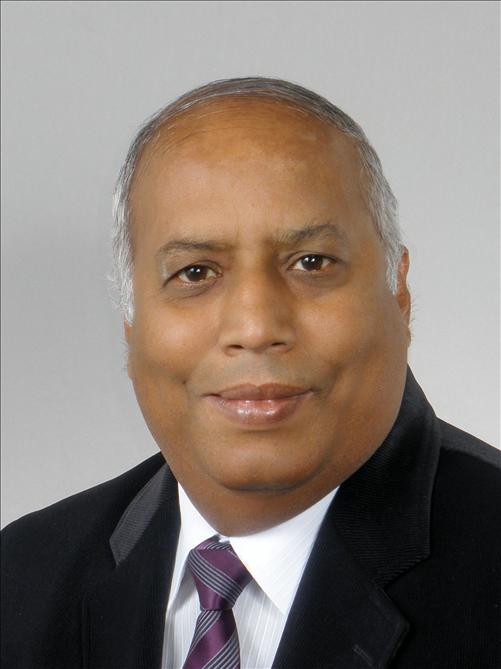 During his visit to Auckland on April 11, 2010 (Indian Newslink, April 15, 2010), former Indian Human Resources Minister Kapil Sibal said that New Zealand could benefit from the immense potential that his country offered in a number of areas.
During his visit to Auckland on April 11, 2010 (Indian Newslink, April 15, 2010), former Indian Human Resources Minister Kapil Sibal said that New Zealand could benefit from the immense potential that his country offered in a number of areas.
”The private sector has played a pivotal role in India’s education and health with multi-billion dollar investments in recent years. There are 220 million school-going children, while 20 million young men and women attend 20,000 colleges affiliated to 480 universities,” he said.
While New Zealand welcomes students from India, there are limitations on their numbers – we certainly will not be able to cater to the needs of millions of students who have a penchant for quality education.
Our universities and tertiary institutions can utilise the huge potential that India offers by establishing their presence in various states and cities. Some universities have begun to do so.
We should consider joint ventures in India, providing knowledge solutions for individuals, businesses and the government in India.
We should promote the best that New Zealand can offer within the educational and training environment. Our focus should be on a number of areas including curriculum development, establishment of schools and colleges, cross-cultural consultancy, study tours, executive training, adult education, project management.
We have access to some of the best international education specialists in New Zealand and experienced local experts.
We should have the commitment to support our clients at every stage of their journey to ensure that they succeed in achieving their education or training objectives.
Training and Consulting
We should focus on projects that strengthen individual and institutional capacities through review, technical support and training.
We should aim at strengthening the capacity of academic institutions, technical institutes, government organisations and individuals enabling them to design and promote more effective education systems.
This could be done through several methods including (a) training the trainer processes in the local environment (b) direct engagement (c) discussion papers and (d) facilitating engagement with experts and initiating implementation.
We should also build inter-institutional linkages between New Zealand institutions and Indian education providers to share experiences and knowledge, recognising that answers often come from an exchange of ideas rather than a prescribed solution.
We should match New Zealand capability in curriculum development, training and professional development with the needs of our international clients.
We should maintain a database of our expertise in transferring knowledge from a particular curriculum, adapting to the local context. Much of this expertise could be obtained from experienced ex-principals and established trainers in New Zealand.
We should identify potential partners within New Zealand’s public and private sector, which can provide niche, specialised training programmes for senior management and government officials.
We should do needs-analysis and tailor response according to a client’s requirement.
New Zealand can help in the following areas: teacher training (including early childhood), vocational training (including nursing), school setup and international benchmarking, establishing academic and vocational programme partnerships, small and medium enterprise development, government liaison, seminars and workshops for professional development of public officials, international networking and Knowledge Events.
Technical tours
We should specialise in organising study tours into New Zealand whereby groups of senior officials from international organizations visit New Zealand and undertake benchmarking exercises, job-specific training, leadership training and other tailor- made programmes.
We should offer our expertise in helping institutions develop international relationships with partner institutions across borders.
Negotiations between institutions require discussions with international offices, individual departments and academics.
There is potential for collaboration in all areas. Generally, universities look at the standing of a potential partner university or college and how a relationship would meet with their own strategy and goal.
New Zealand has leading universities and private education providers. Depending on the scope and the need, we must identify the suitable institutions.
Our pricing should be competitive and reasonable to utilise the emerging opportunities for partnership in India’s quest to educate its increasing number of students.
Wenceslaus Anthony is an Auckland based businessman with a strong commitment to the education sector. He is the Chairman of the Advisory Group of International College of Auckland. He was earlier Deputy Director and Secretary to the Board of Loyola Institute of Business Management (Loyola College), Chennai and Founder-Member of the Association of Management Schools (AIMS), Hyderabad.






